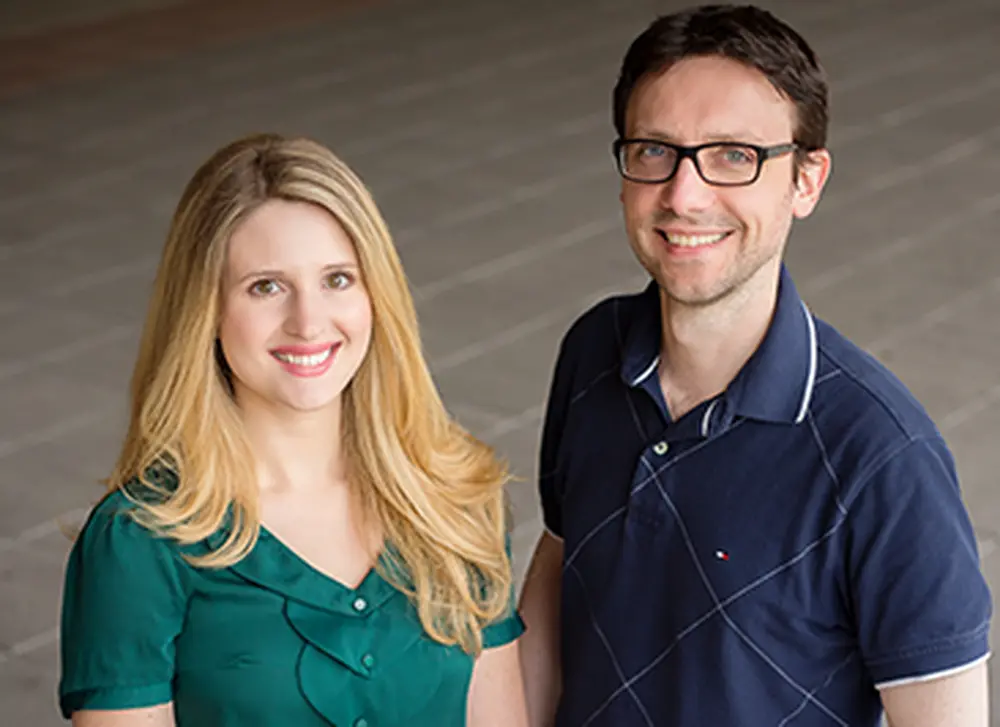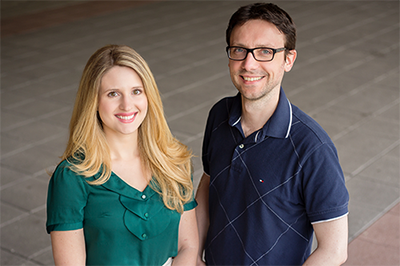

In a new study, researchers found that people who tend to focus on “inherent traits” and ignore context also are more likely to assume that the patterns they see around them are good.
The team reports its findings in the journal Psychological Science.
“The way we explain the world around us influences our beliefs about right and wrong,” said University of Illinois graduate student Christina Tworek, who conducted the study with psychology professor Andrei Cimpian.
“People have a strong tendency to think the status quo is good, so things that are outside the norm are viewed in a negative light,” Tworek said. “We wanted to understand how that happens. How do people go from what is to what ought to be?”
In a series of five experiments, three with adults and two with 4- to 7-year-old children, the researchers tested participants’ tendency to equate what most people do with what is “good” or what they “should do.”
The subject matter often involved commonplace activities, such as eating pizza, drinking coffee, gift-giving or the length of a man’s hair. The researchers also manipulated study subjects’ explanations, leading them to focus on either inherent traits or external factors.
“We were testing whether this tendency to use the status quo as a moral guide was related to the tendency to explain by relying on inherent characteristics,” Tworek said.
Cimpian said they found that adults and children who were most likely to explain by looking at the inherent features of the thing in question also were more likely to think, “Yes, the way things are is good.” When participants were exposed to information about external factors, they became more flexible in the way they thought about the status quo, he added.
For example, in one experiment, adults read statements about why paper money is rectangular (“a historical happenstance”) or why people give flowers on Valentine’s Day (“because of effective advertising and marketing by florists”). After reading such statements, participants “were less likely to think that the way things are is good, less likely to think that we should do things exactly the way we’ve been doing them,” Cimpian said.
The National Science Foundation supported this research.


